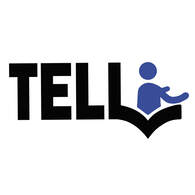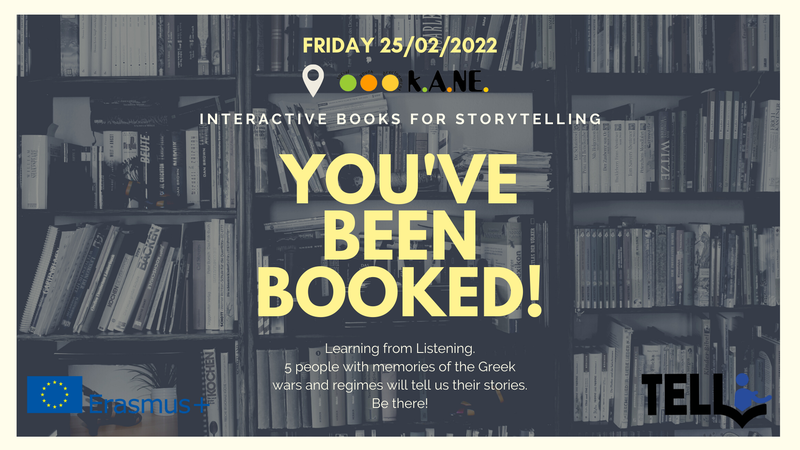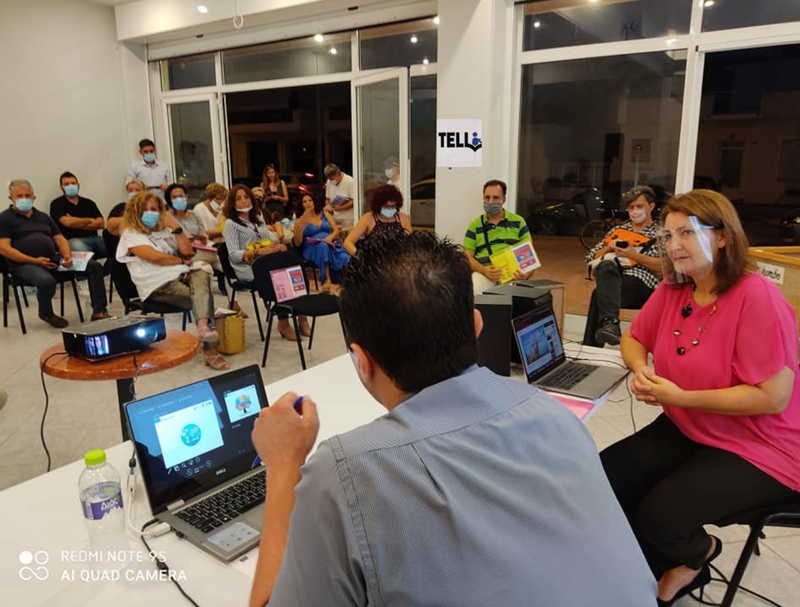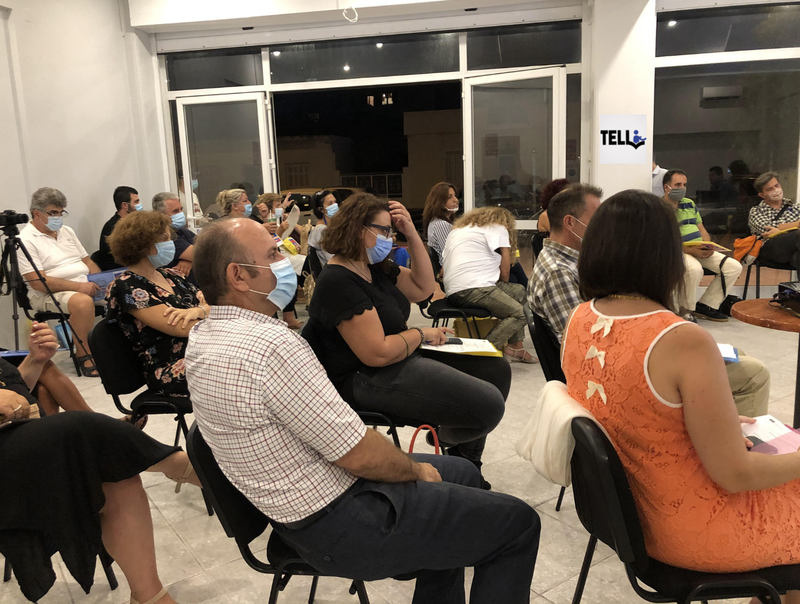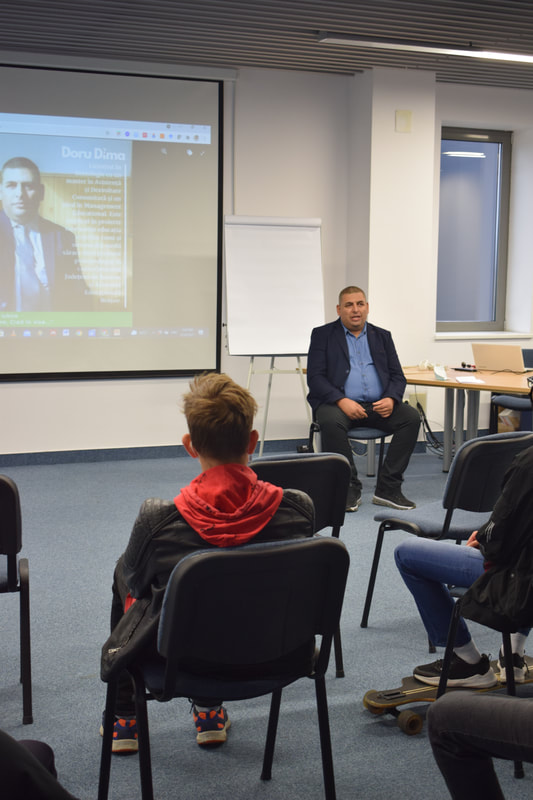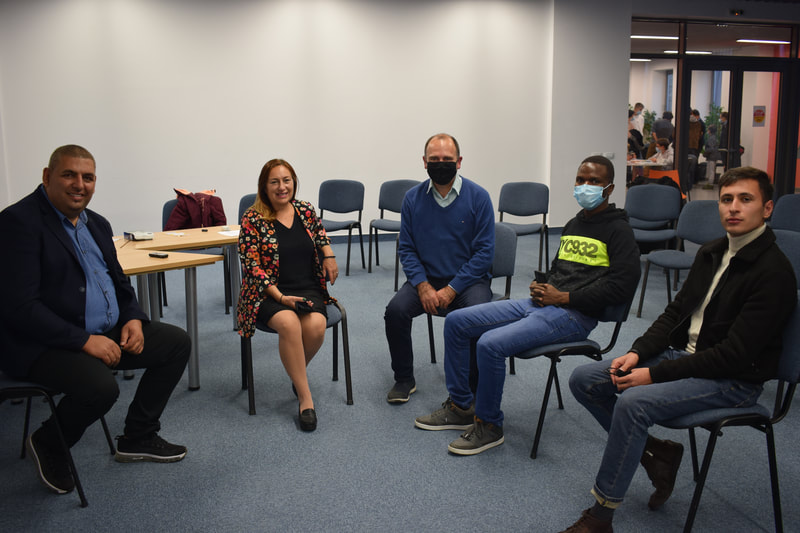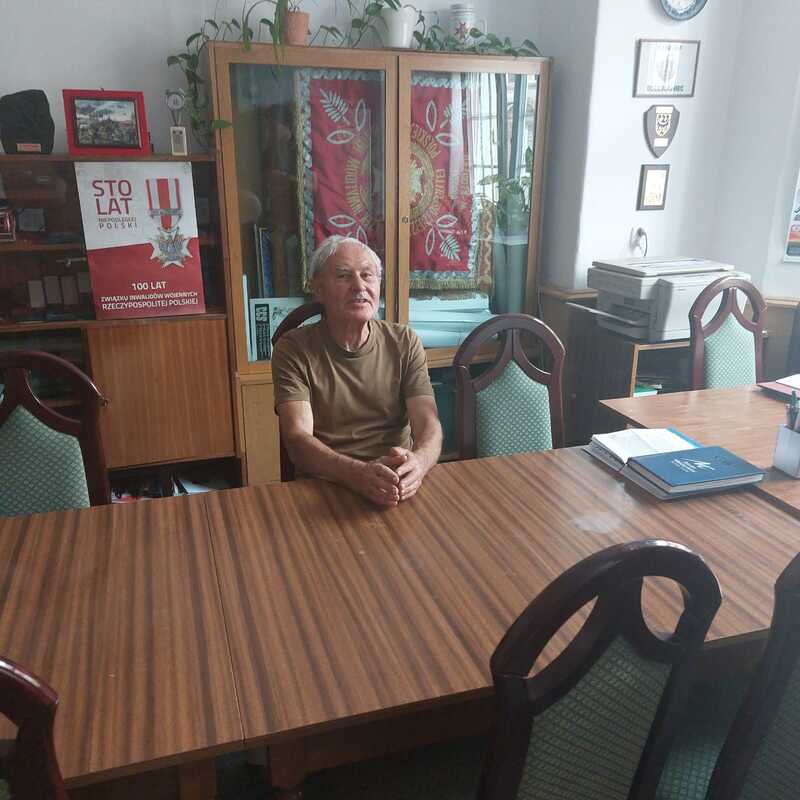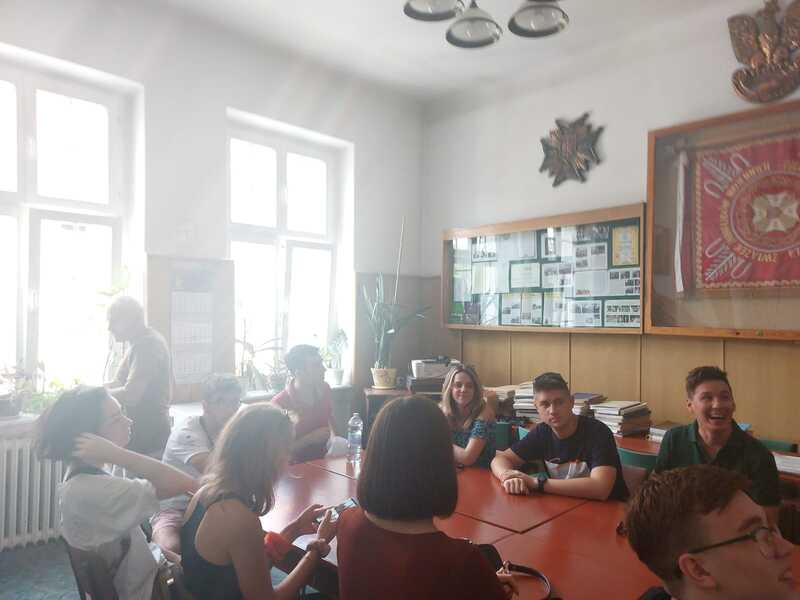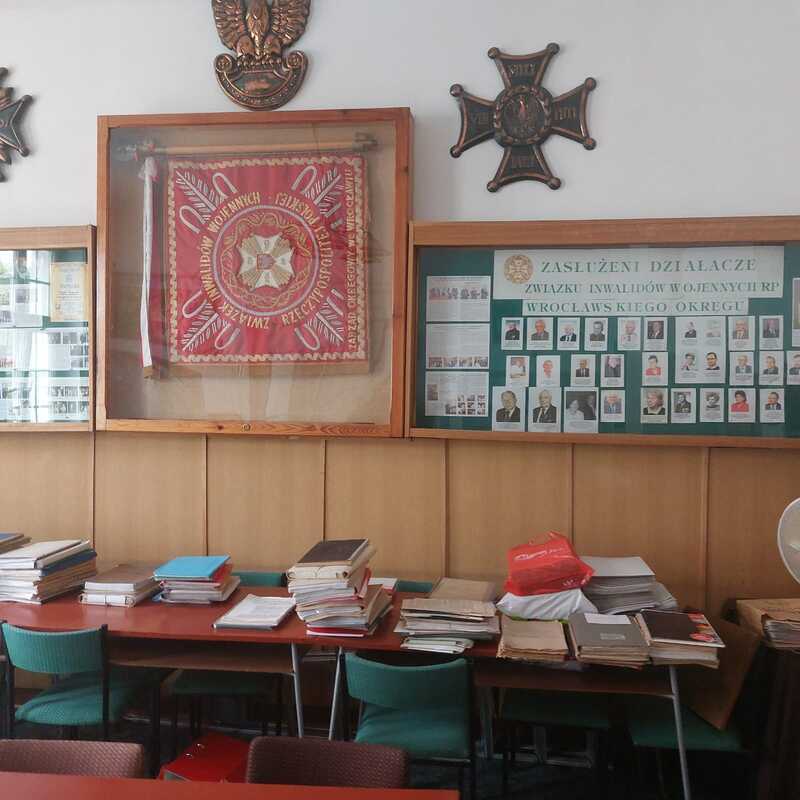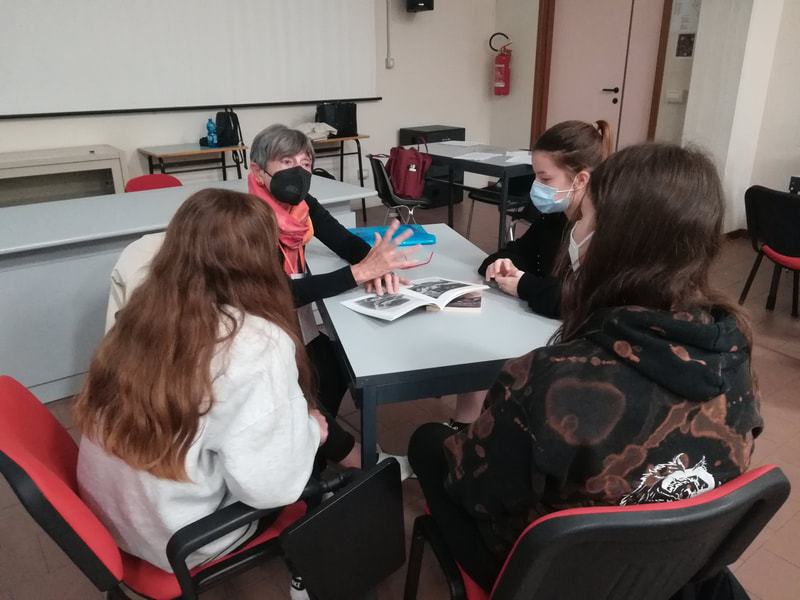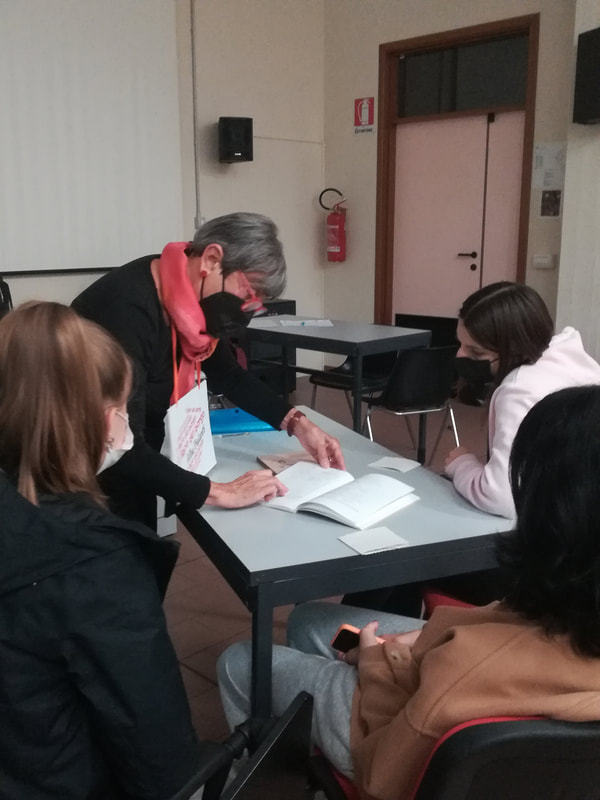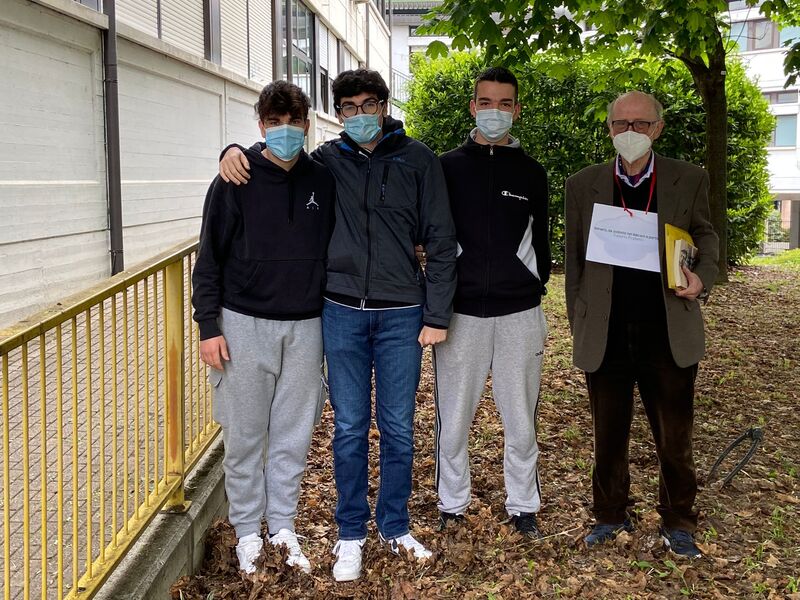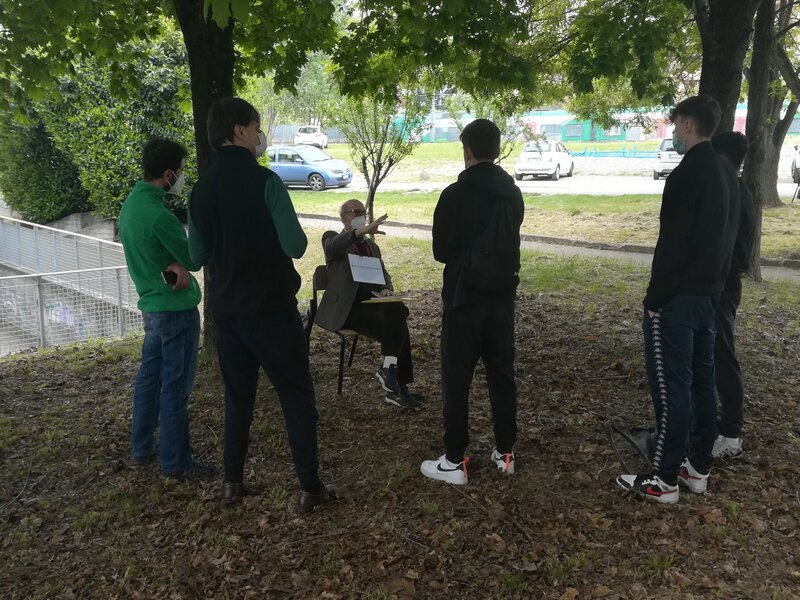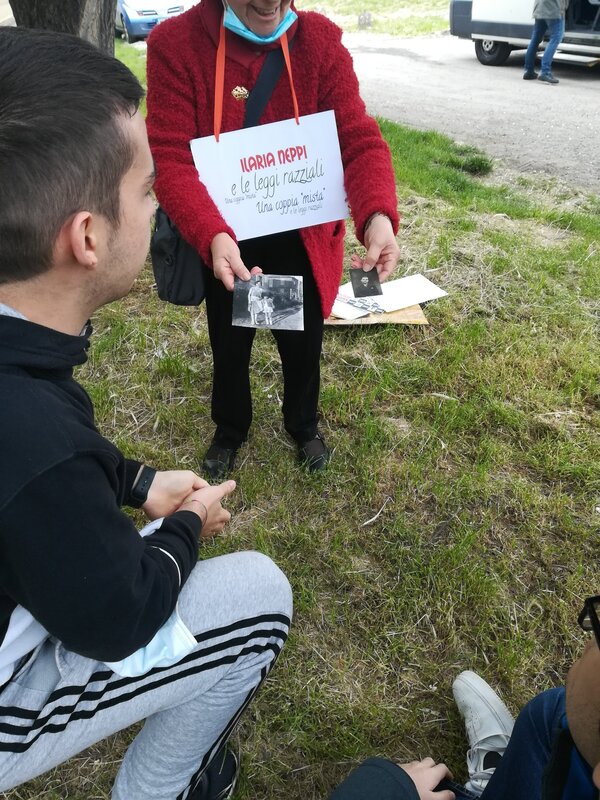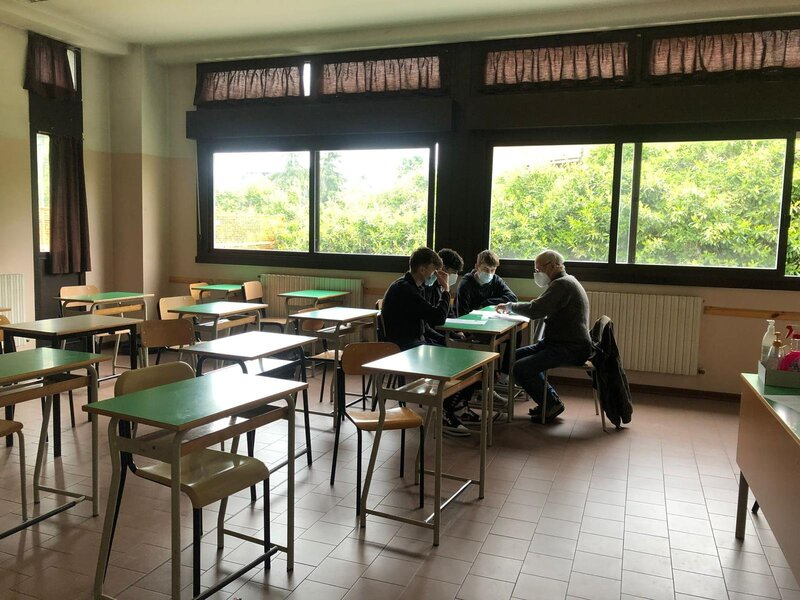Slovenia
In Slovenia, Društvo za razvijanjeprostovoljnega dela Novo mesto implemented the living library event as part of our biggest event of the year – Festival Week of Cultures. It was one of the activities offered to people of the festival.
The event that took place on September 18th and was intended for the students of the local school – Gimnazija Novo mesto, but, since the schools were at the time operating online, we opened the event to other guests of the festival.
The living library event had the title Do not judge a book by its cover, and had the intent to educate the people about the Slovenian past, as well as fight against stereotypes. As the event was a part of our Festival, we had also invited a few other books, who we have worked with in the past. 5 of the living books were part of the project TELL and were talking about their lives in the times of Yugoslavia, one of them also lived through the World War II.
The event that took place on September 18th and was intended for the students of the local school – Gimnazija Novo mesto, but, since the schools were at the time operating online, we opened the event to other guests of the festival.
The living library event had the title Do not judge a book by its cover, and had the intent to educate the people about the Slovenian past, as well as fight against stereotypes. As the event was a part of our Festival, we had also invited a few other books, who we have worked with in the past. 5 of the living books were part of the project TELL and were talking about their lives in the times of Yugoslavia, one of them also lived through the World War II.
Greece
In Greece, TELL project focused on World War II and the Military Junta. On 25 February, KANE organized the Human Library event in the framework of marking and remembrance the WWII and the regime of the Junta that passed from Greece. The books told stories about some personal facts about those periods.
On 27 April, the second phase of the Human Library event took place together with the urban trekking because one of our "books", Mr. Elias Bitsanis, could not come to the first one.Mr. Elias Bitsanisis a historian and journalist in the area. He is an expert on historical events in Kalamata, especially on the last battle that took place on April 28. The 28 April is an important date for Kalamata.
On 27 April, the second phase of the Human Library event took place together with the urban trekking because one of our "books", Mr. Elias Bitsanis, could not come to the first one.Mr. Elias Bitsanisis a historian and journalist in the area. He is an expert on historical events in Kalamata, especially on the last battle that took place on April 28. The 28 April is an important date for Kalamata.
Romania
In Romania, the Human Library event was organised in Brasov, with the participation of students from the Transilvania University of Brasov and various secondary schools of the city.
Human Books brought testimonies about Roma discrimination and about Saxons' deportation (German people living in Romania) after 1944. Their only guilt was to be born as ethnic Germans.
Human Books brought testimonies about Roma discrimination and about Saxons' deportation (German people living in Romania) after 1944. Their only guilt was to be born as ethnic Germans.
Poland
In Poland, the Human Library event involved a school of the city of Wroclaw. The Human Books participating shared their stories on different aspect of life under communism and how the communist regime restricted and suppressed freedoms and abused civic and human rights
Italy
In Italy, the Human Library event was organised in Bologna in ITCS Gaetano Salvemini with the collaboration of ANPI (National Association of Italian partisans).
The students had the opportunity to find out about stories and episodes related to anti-semitism, discriminations and intolerance during II World War and Fascist regime of XX century.
The students had the opportunity to find out about stories and episodes related to anti-semitism, discriminations and intolerance during II World War and Fascist regime of XX century.
Here some of the reflections and thoughts collected after the event in Italy from the students involved:
|
The importance of remembering and telling. This meeting allowed me to understand how important it is to listen to the stories of relatives and acquaintances because, although they may seem distant at the moment, they could be part of a big puzzle in the future to reconstruct some historical events. I realized that it is important to tell what we are told, but also what happens so that it is not forgotten. Who knows if in the future our stories will allow us to reconstruct the details about the pandemic or the current war in Ukraine, pages from today's history. Understanding: history made us understand through the wise narratives of these old people how many emotions accompany the past; if I had been young during the war I would have felt sad, without feelings. Testimony and courage. It is interesting to hear the stories of people who lived through them, whereas by us they were only read about in books, and it is courageous to share very personal and sensitive moments of one's youth with young people. Collaboration. I chose this word because in all the stories I noticed a sense of common collaboration in fact, thanks to the collaboration between people, millions of lives were saved and it is thanks to it that today the war is over. The fact that struck me is that when Mussolini sent the letter to the prisoners of war inviting them to enlist with him, the majority of them refused the invitation, showing a sense of belonging, love of freedom and the ability to cooperate. Courage. I chose the word courage because it takes so much courage to speak out and remember such important moments that happened so many years ago and that affected you your family history. Life. The stories of the lives of loved ones, the suffering, the hardship faced in order to stay alive, because these witnesses dedicated theirs to informing themselves and passing on these stories to so many people. Telling: history is a set of actual events that must be told in order to be understood. Raising awareness and understanding the meaning of what happened. |
Awareness. Every day I pass through Marzabotto by train and I go back, aware of what happened there; now after the meeting I look at the window and think about what happened and what I knew through the stories of the living books. Courage. I found this word in all the stories I had the chance to listen to: the courage of all the people, mainly the partisans, but not only, not to submit to the impositions that came from above, to fight for their ideas and for freedom even at the cost of dying. This made me think a lot because thanks to people in the past who did not submit, I can now freely express my opinions and vote for those who best represent me. Courage and strength of freedom. These words evoked for me the courage to stand up for oneself and fight for life, but more importantly one's own story and to make sure that certain events are not repeated the strength to put aside feelings and emotions to fight to resist. Suffering for love. The stories we heard are dramatic stories from the war period faced with courage trying to survive in the name of love for one's family, homeland and freedom. Listening. It is important to listen because from the stories of those who have lived through certain events we can learn many things, especially if they are told live; it is enough just to look into the eyes of the person telling to understand how much suffering there is behind simple words. Lesson. I think the meeting was an important life lesson that made me realize how irrelevant the small annoyances that accompany me every day are compared to the suffering experienced by the witnesses; therefore, it taught me to be grateful even for the small joys because they should not be taken for granted. Testimony. Hearing the testimonies of those who knew people who experienced the horrors of war and fascism on their own skin was interesting and very emotional to judge today's history with other parameters. It is no longer history read in books, but alive. |
